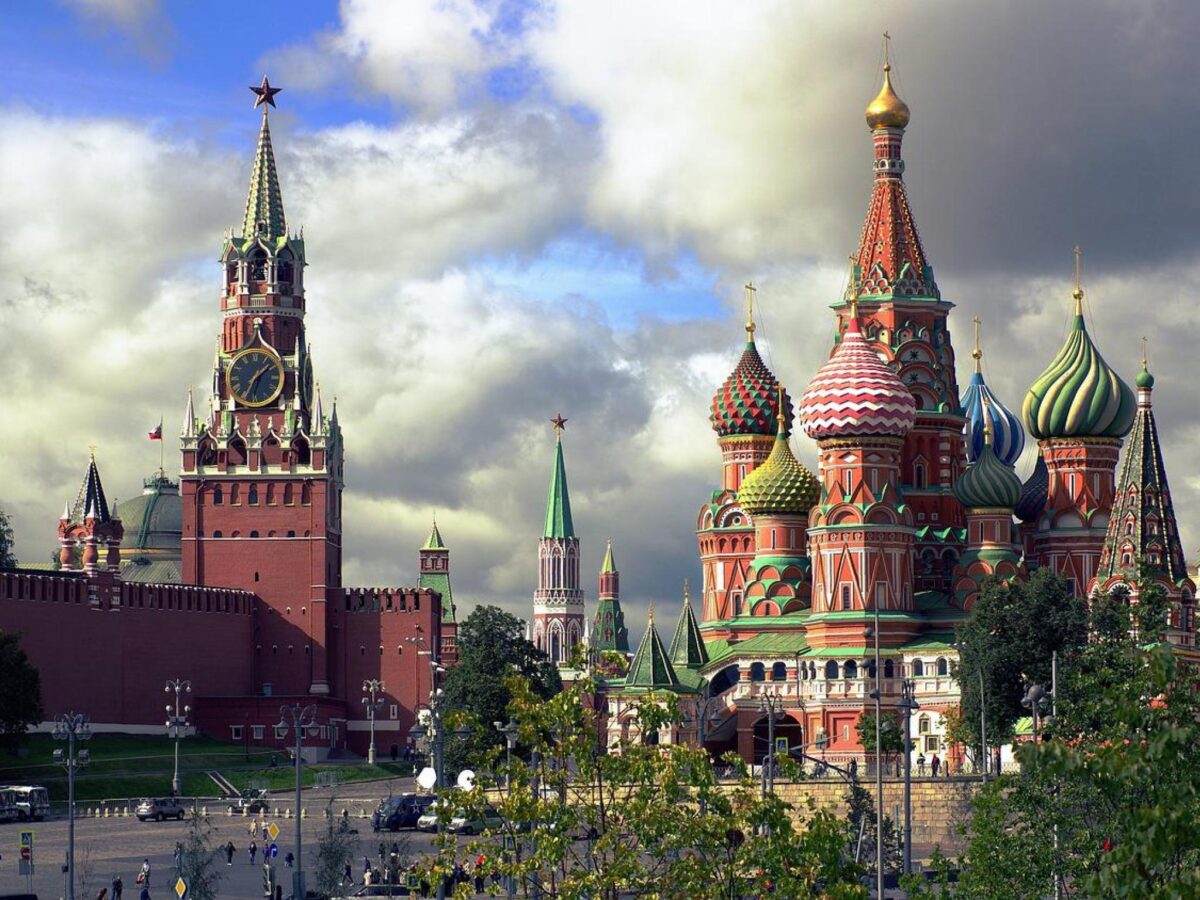


Russian President Vladimir Putin met China’s leader Xi Jinping at the Kremlin on March 20, where they voiced their mutual admiration and praised their nations’ close relations.
Xi arrived in Moscow earlier the same day for a landmark state visit, which is slated to last until March 22.
Putin began the meeting by welcoming Xi and praising China, which in recent years had made a “colossal leap forward in terms of development,” he said.
China, Putin asserted, had established an “effective system of economic development,” which he went on to describe—in a possible dig at the West—as “more effective than those of many other countries.”
Beijing’s “free-market” orientation had combined with “confident” policymaking which, Putin claimed, had brought “visible results.”
Putin also hailed stepped-up cooperation between Russia and China, which had bolstered “fundamental principles of the world order and the multipolar system,” he said.
“We have a lot of common goals,” the Russian leader added, noting that total bilateral trade had “more than doubled” last year to reach $185 billion.
Xi, for his part, voiced his belief that the Russian people would support Putin if the latter decided to run in presidential polls slated for next year.
Under Putin’s leadership, “the development and prosperity of Russia have made rapid progress,” said Xi, who himself just secured a third term as leader.
Putin, who first came to power in 1999, has yet to confirm whether or not he will contest next year’s election.
Putin also congratulated Xi on his recent assumption of a third term, saying China’s people had seen the “true value of your work over the past decade.”
The Russian leader added that he and Xi had taken “major strides in the development of our relations” since the latter visited Russia 10 years ago on his first trip abroad as China’s leader.
Speaking at the meeting, Putin said Moscow had “thoroughly studied” a Chinese proposal for resolving what he described as the “acute crisis in Ukraine.”
Putin added that he and Xi planned to discuss China’s proposal in detail during the latter’s three-day visit.
Unveiled by Beijing earlier this month, the 12-point plan calls for a cessation of hostilities, the resumption of talks, guarantees to ensure global supply-chain security, and an end to unilateral sanctions.
Stressing Moscow’s willingness to hold talks with a view to ending the conflict, now in its second year, Putin said he and Xi would “discuss all these issues, including your [Chinese] initiatives, which we view with respect.”
On Mar. 21, Putin and Xi are expected to hold additional talks attended by delegations from both countries.
One day before Xi’s arrival in Moscow, U.S. National Security Council John Kirby said that any call by Putin and Xi for a ceasefire in Ukraine would be “unacceptable.”
“All that’s going to do is ratify Russia’s conquests to date,” Kirby said in televised comments. “All that’s going to do is give Mr. Putin more time to refit, retrain, remain, and try to plan for renewed offensives at a time of his choosing.”
Washington and Kyiv have both ruled out any negotiations until Russian forces entirely withdraw from what they see as occupied Ukrainian territory.
This includes the Donetsk, Luhansk, Kherson, and Zaporizhzhia regions, which Moscow effectively annexed last September, and the Black Sea region of Crimea, which since 2014 Moscow has viewed as Russian Federation territory.
Following the Putin-Xi meeting, Kremlin spokesman Dmitry Peskov said Russia would not object if Xi spoke to U.S. President Joe Biden—who has voiced a desire to speak with the Chinese leader—from Moscow.
“Xi Jinping leads a sovereign state,” Peskov said, answering a reporter’s question. “He is free to talk to whoever he wishes and whenever he wishes.”
“We treat this with respect,” he added, “just like our Chinese comrades respect what Russian President Vladimir Putin does.”
